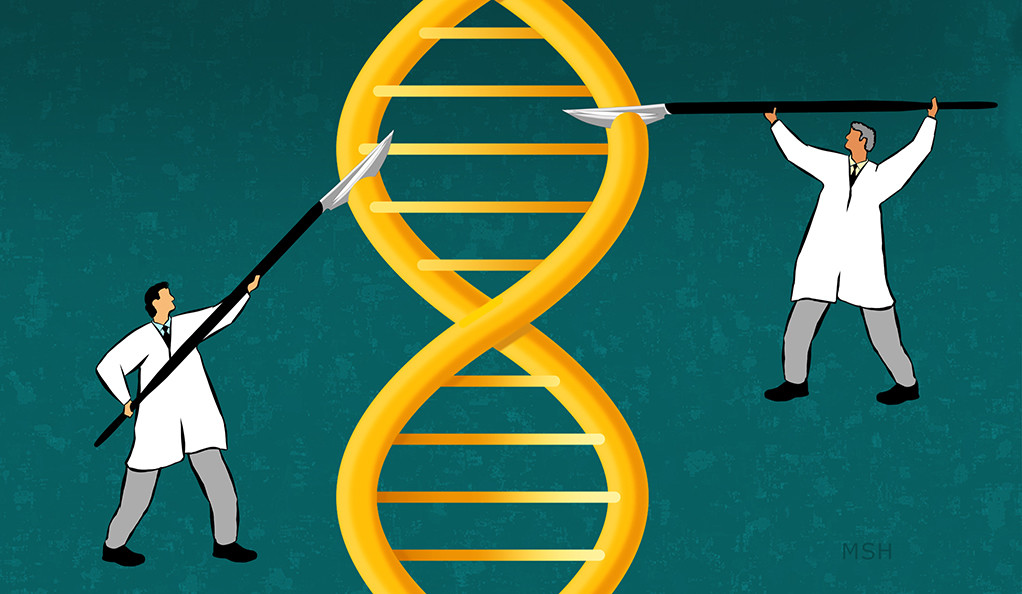Mosquitoes Could be Eliminated Through Gene Editing
Researchers have found a way to eliminate mosquitos carrying diseases such as malaria, but is that a good idea?
In a study conducted by scientists at Imperial College London, the team used a gene-editing tool called CRISPR-Cas9 to eradicate the disease-carrying species of mosquitoes completely as they targeted a genetic sequence that leads to male and female traits. After a few generations, they discovered that 100% of these mosquitoes were affected.
“The difference in the gene content between male and female is very, very minimal” in both mosquitos and humans alike, according to the study author Andrea Crisanti, professor of molecular parasitology and microbiology.
Doublesex controls the way mosquitoes differentiate into male and female; while females with two copies of the mutated gene didn’t develop properly and could not reproduce, males did and continued spreading the mutation. At the same time, mutant females also failed to develop the long proboscis that they need to bite humans and suck blood.
Even more than that, the experiment seemed to succeed where others clearly failed as the spread of these mutant genes was not thwarted by the mosquitos developing resistance.
“We have selected a target site that cannot be mutated or changed by the mosquito without paying a high price,” Crisanti said.
However, researchers wished to note that this does not prove their methods are “resistance proof.”
An important question appeared: are we releasing something into the world that we do not completely understand? At the same time, will this bring a positive impact for humans while other organisms take these bugs’ place in our ecosystem?
“That’s an open question,” said Catherine Hill, professor in the department of entomology at Purdue University. “We’re very interested in protecting human health, but at the same time protecting the environment.”
Share your thoughts on the matter in the comments below!
Source: cnn.com







